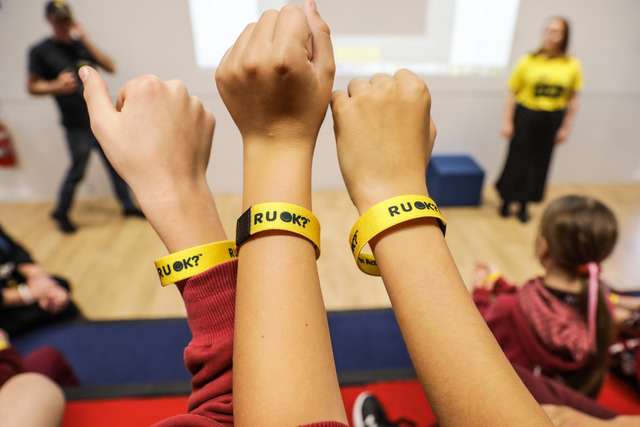Connection for prevention

Digital Edition
Subscribe
Get an all ACCESS PASS to the News and your Digital Edition with an online subscription
Small squad, huge gold haul
It was an incredible day full of achievement for Gympie IKD Australia at the Karate Queensland State Championship 2026 held at the Nissan Arena...







